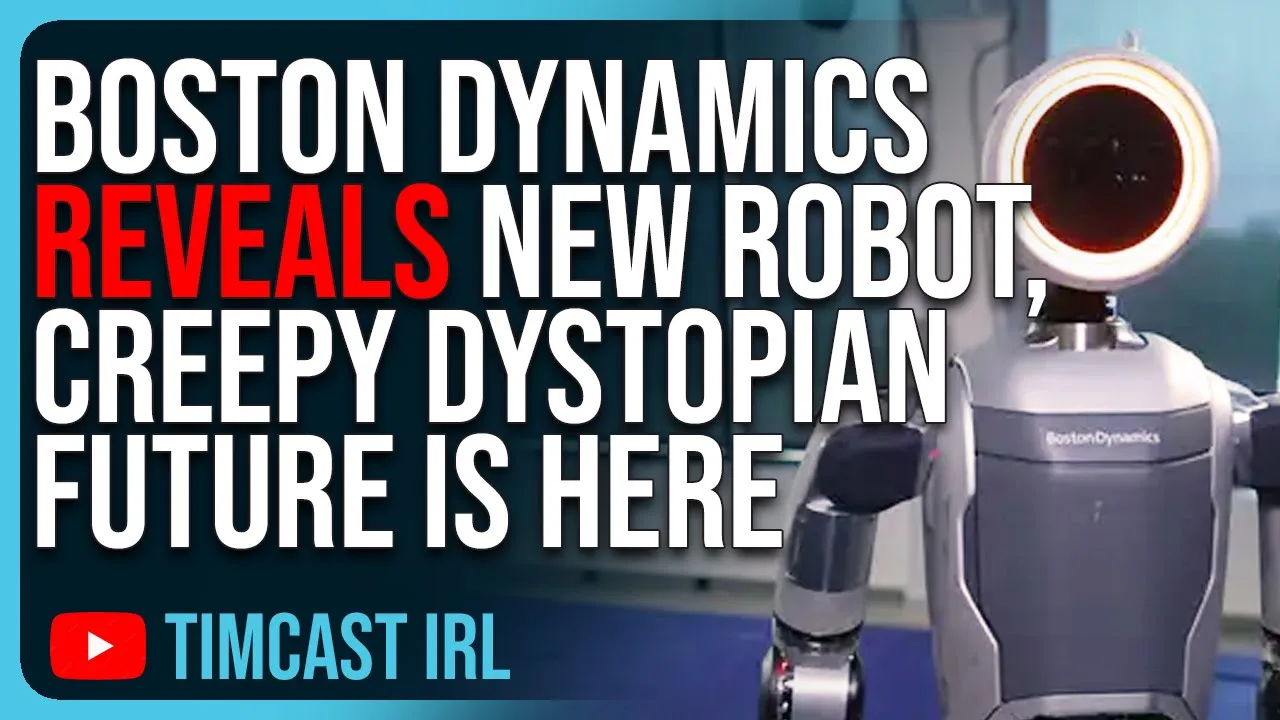Workers of the Future Will Be "Controlled by the Machine" Giving Employers "Enormous Control" (1983)
Increased automation often causes workers to feel anxious about losing their jobs as technology renders their skills or experience unnecessary. Early in the Industrial Revolution, when inventions like the steam engine were making some job categories expendable, workers forcefully resisted these changes. Luddites, for instance, were English textile workers who protested the introduction of weaving machines by destroying them. More recently, some residents of Chandler, Arizona, have slashed tires and pelted rocks at driver-less cars, in protest over the cars' perceived threat to human safety and job prospects.
The relative anxiety about automation reflected in opinion polls seems to correlate closely with the strength of organized labor in that region or nation. For example, while a study by the Pew Research Center indicated that 72% of Americans are worried about increasing automation in the workplace, 80% of Swedes see automation and artificial intelligence (AI) as a good thing, due to the country's still-powerful unions and a more robust national safety net.[59]
In the U.S., 47% of all current jobs have the potential to be fully automated by 2033, according to the research of experts Carl Benedikt Frey and Michael Osborne. Furthermore, wages and educational attainment appear to be strongly negatively correlated with an occupation's risk of being automated.[60] Even highly skilled professional jobs like a lawyer, doctor, engineer, journalist are at risk of automation.[61]
Prospects are particularly bleak for occupations that do not presently require a university degree, such as truck driving.[62] Even in high-tech corridors like Silicon Valley, concern is spreading about a future in which a sizable percentage of adults have little chance of sustaining gainful employment.[63] "In The Second Machine Age, Erik Brynjolfsson and Andrew McAfee argue that "...there's never been a better time to be a worker with special skills or the right education, because these people can use technology to create and capture value. However, there's never been a worse time to be a worker with only 'ordinary' skills and abilities to offer, because computers, robots, and other digital technologies are acquiring these skills and abilities at an extraordinary rate."[64] As the example of Sweden suggests, however, the transition to a more automated future need not inspire panic, if there is sufficient political will to promote the retraining of workers whose positions are being rendered obsolete.
According to a 2020 study in the Journal of Political Economy, automation has robust negative effects on employment and wages: "One more robot per thousand workers reduces the employment-to-population ratio by 0.2 percentage points and wages by 0.42%."[65]
Research by Carl Benedikt Frey and Michael Osborne of the Oxford Martin School argued that employees engaged in "tasks following well-defined procedures that can easily be performed by sophisticated algorithms" are at risk of displacement, and 47% of jobs in the US were at risk. The study, released as a working paper in 2013 and published in 2017, predicted that automation would put low-paid physical occupations most at risk, by surveying a group of colleagues on their opinions.[66] However, according to a study published in McKinsey Quarterly[67] in 2015 the impact of computerization in most cases is not the replacement of employees but automation of portions of the tasks they perform.[68] The methodology of the McKinsey study has been heavily criticized for being intransparent and relying on subjective assessments.[69] The methodology of Frey and Osborne has been subjected to criticism, as lacking evidence, historical awareness, or credible methodology.[70][71] Additionally, the Organisation for Economic Co-operation and Development (OECD) found that across the 21 OECD countries, 9% of jobs are automatable.[72]
The Obama administration pointed out that every 3 months "about 6 percent of jobs in the economy are destroyed by shrinking or closing businesses, while a slightly larger percentage of jobs are added."[73] A recent MIT economics study of automation in the U.S. from 1990 to 2007 found that there may be a negative impact on employment and wages when robots are introduced to an industry. When one robot is added per one thousand workers, the employment to population ratio decreases between 0.18 and 0.34 percentages and wages are reduced by 0.25–0.5 percentage points. During the time period studied, the US did not have many robots in the economy which restricts the impact of automation. However, automation is expected to triple (conservative estimate) or quadruple (a generous estimate) leading these numbers to become substantially higher.
https://en.wikipedia.org/wiki/Automation
Image: War on Want, CC BY 2.0 https://creativecommons.org/licenses/by/2.0, via Wikimedia Commons




















